Top 10 low carb myths
The opinions expressed in this piece are solely the author's and are in no way intended to serve as replacement for advice from a qualified medical professional.
I am type 1 diabetic since about 25 years and I eat low carb a la Dr Bernstein, ~30gms of carbohydrates a day. I've had excellent blood sugar management (vastly improved from my previous control if I may say so myself) and all other parameters and I'm about to happily debunk the most common misconceptions against low carb.
Myth 1 : Low carb could cause ketoacidosis (DKA)
Most people have an emotional and fearful response to the word 'ketones' and equate it with ketoacidosis and that couldn't be further from the truth. Ketones are naturally produced by the body (in non diabetics too) and are a by product of fat metabolism. Diabetic ketoacidosis is a medical emergency that occurs in T1s which is marked by high BG, high ketones and an insulin deficit. Nutritional ketosis with normal BG is not dangerous at all and occurs when your body has transitioned to using fat for fuel.
Ketosis is very different from ketoacidosis

Another related myth is that low carb/keto might cause too many hypos. With correct dosing and food options, hypos will not increase as the HbA1c drops - what will increase is the time in range, which is a desirable outcome. The Law of Small Numbers has ensured my hypos have actually reduced since going low carb.
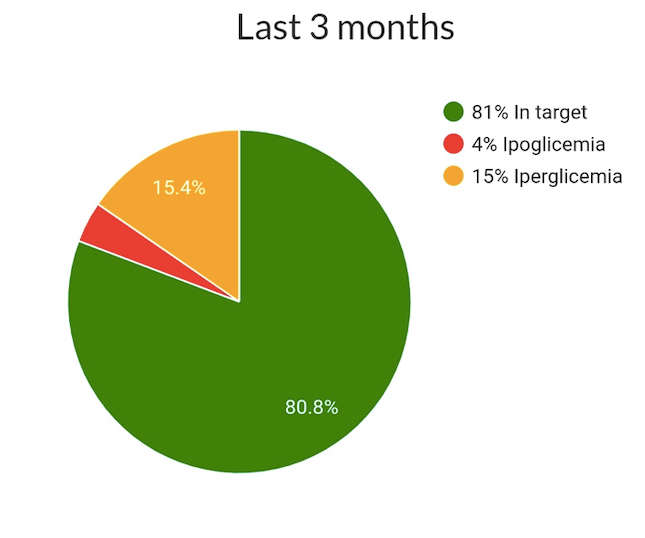
Myth 2 : Your brain needs carbs
We are taught that our brains need a minimum of 130 gms of glucose per day to function properly and to fulfill that requirement, we are recommended to eat at least 100-150 gms carbs in a day. The basic flaw of this premise is that glucose is not the same thing as carbs. Dietary carbohydrate does not have to be the source of the glucose needed for the brain - proteins and vegetables will do just fine. Gluconeogenesis to the rescue! I have begun to notice in myself much sharper mental clarity and reduced brain fog after switching to low carb - I never even realized I had these issues while ingesting so many carbs!
The fact is that the brain does not need carbohydrates to function. There are essential fatty acids and essential amino acids but there is no essential carbohydrate.
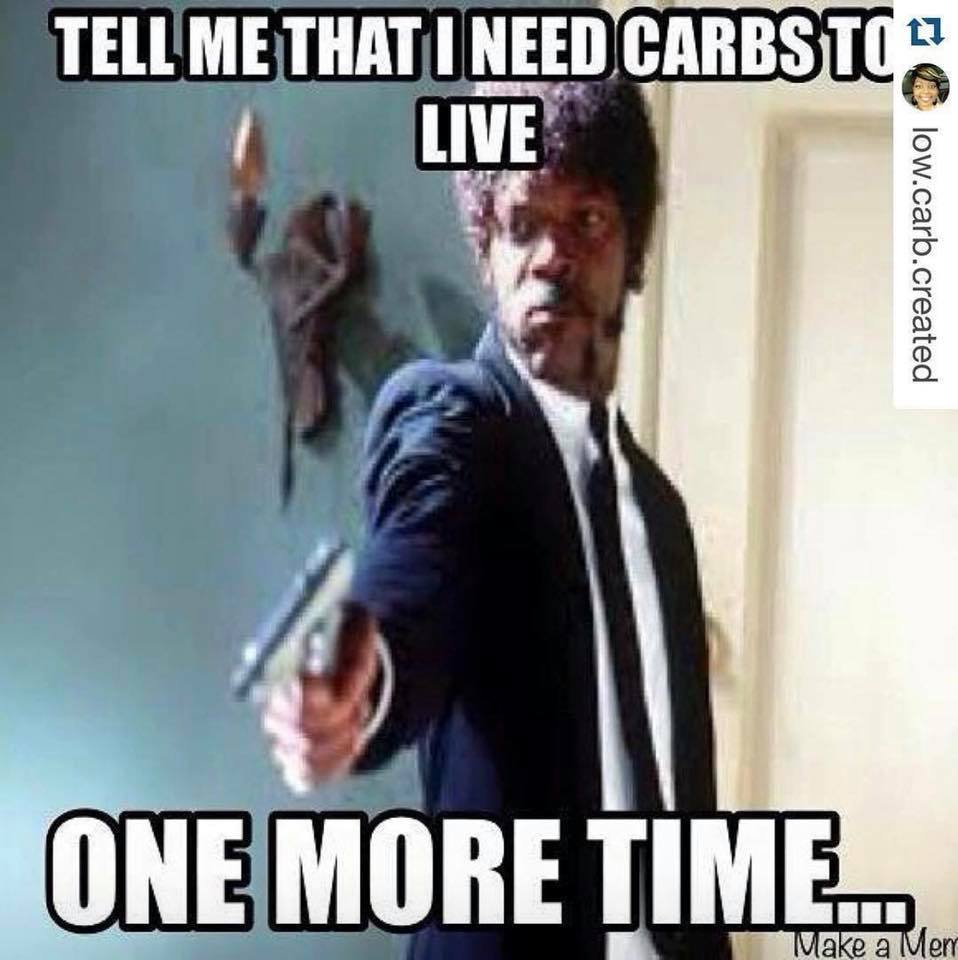
Myth 3 : It's a dangerous fad diet
Firstly, low carb or keto is not a fad diet for only weight loss, it's a lifestyle or a way of eating that can be done for reasons beyond weight loss too, such as blood sugar management in the case of diabetics or pre-diabetics. In fact, a classic ketogenic diet has been in use since the 1920s to treat epilepsy, so it's nothing new.
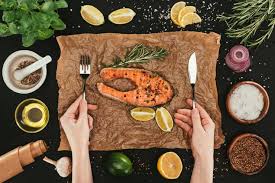
Myth 4 : It's restrictive and not sustainable
A lot of people wonder how I do low carb and if I have occasional cravings for high carb junk food or carby foods that I was used to eating earlier? Do I feel deprived? Do I have 'cheat days' when I'm stressed, ill, celebrating / partying or travelling to places without familiar food? The answer is NO. It is important to understand that there are a lot of familiar food options on low carb and there are enough and more recipes and ingredients.
One could make a recipe trail to the moon and back!
Check out the how we enjoyed a comfortable Indian-style low carb lunch with friends on a lazy afternoon and had wonderful BG before, after and during the meal. I have been fine tuning my low carb approach since about two years now and that definitely ticks the 'sustainable' box on the list.
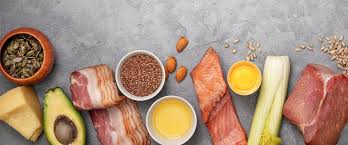
Myth 5 : It's not for kids
Statements like 'kids need carbs to grow and for energy' and 'let kids be kids' are especially detrimental to children with type 1 diabetics. Children need real, whole, unprocessed foods such as vegetables, butter, fish, eggs, meats and nuts. Proteins are building blocks which help their little growing bodies. Children must receive all the nutrients without the sugar and junk and processed foods that are usually used as 'treats' by parents. By feeding children healthy, wholesome food, you're not depriving them at all. High blood glucose caused by high carb diets are detrimental to childrens' growth and development and can cause diabetic complications. Lesser carbs avoid the rollercoaster of highs and lows. Read the Harvard study in the Pediatrics journal about how a low carb diet works wonders for kids (and adults) with T1.
Myth 6 : It's bad for the kidneys and heart
Chronic high blood sugars damage the kidneys, heart and other organs. The protein and natural, healthy fats in the appropriate amounts consumed on low carb does not put a load on the kidneys (for people with normal kidney function) or heart. In certain cases and studies, low carb/keto is known to have reversed nephropathy too.
Normoglycemia is the key
Myth 7 : It won't work if I do intense exercise
I've been a carb loading marathon runner for several years. After switching to low carb, I have found no dip in performance, I daresay I have only gotten fitter. As an amateur endurance athlete and type 1 diabetic, being low carb and fat adapted is a real boon! Studies show how this way of eating has benefitted elite athletes. I even completed a 100km trailwalker on low carb (a la Bernstein) with zero hypos and hypers!
Myth 8 : It's expensive
Low carb can be absolutely affordable, you do not necessarily need fancy, imported or expensive ingredients to sustain it. If you intelligently plan, shop and cook at home you should be able to stick to your budget very easily. I always make a grocery list and make sure to take a look in the pantry/fridge before heading to the store to avoid food wastage and impulse buying. In fact, one would end up spending much lesser this way since there would be no additional spend on junk food, sodas or eating out often. Reuse and recycle ingredients from leftovers to make innovative new dishes.
Pro Tip : Buy in bulk, especially if you have a family and buy ingredients that are in season and local. For instance, I'd pick the humble palak (spinach) over kale and lemons for a satisfying home-made nimbu paani (lemonade or lemon water) over some expensive and complicated meal replacement shake.
Myth 9 : You can't do it if you're vegetarian
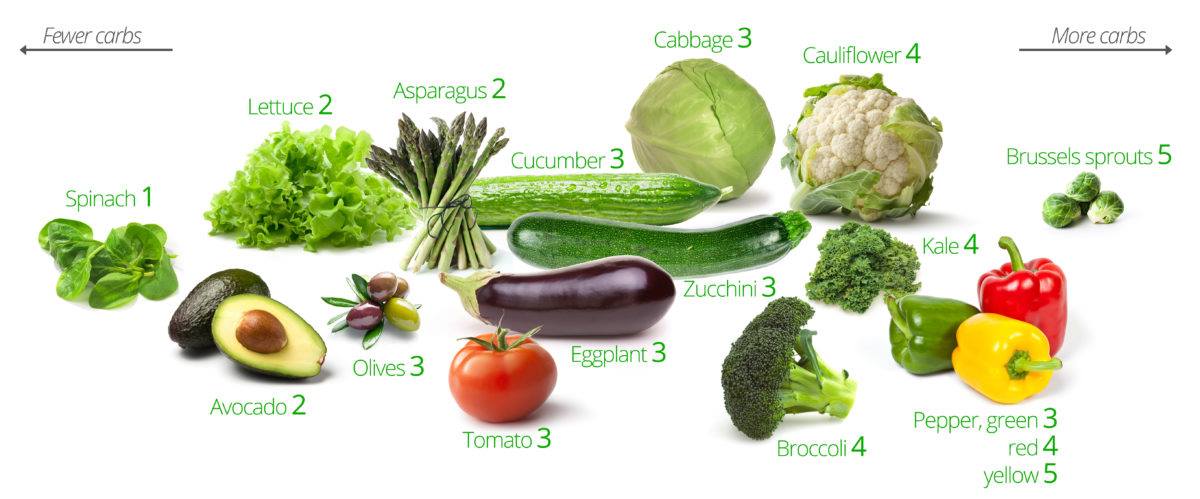
My mother is a non-diabetic vegetarian and does low carb effortlessly (the rest of my mostly vegetarian family is low carb too, including my father and sister who sometimes eat meat and eggs). My mum used to be pre-diabetic but has successfully reversed it without medication and only with diet and exercise. Coming back to the point, you can absolutely be vegetarian and low carb, there are tons of food options. Vegetarians and vegans would have a slightly higher carbohydrate intake as compared to meat eaters but that shouldn't be a problem as long as it serves your purpose.
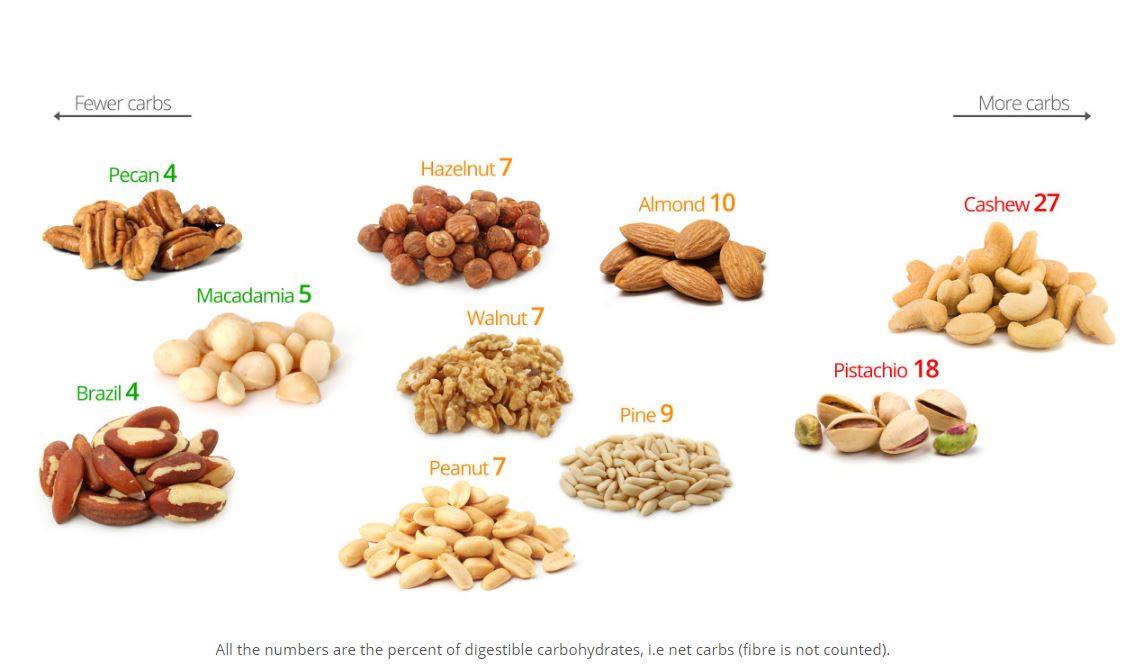
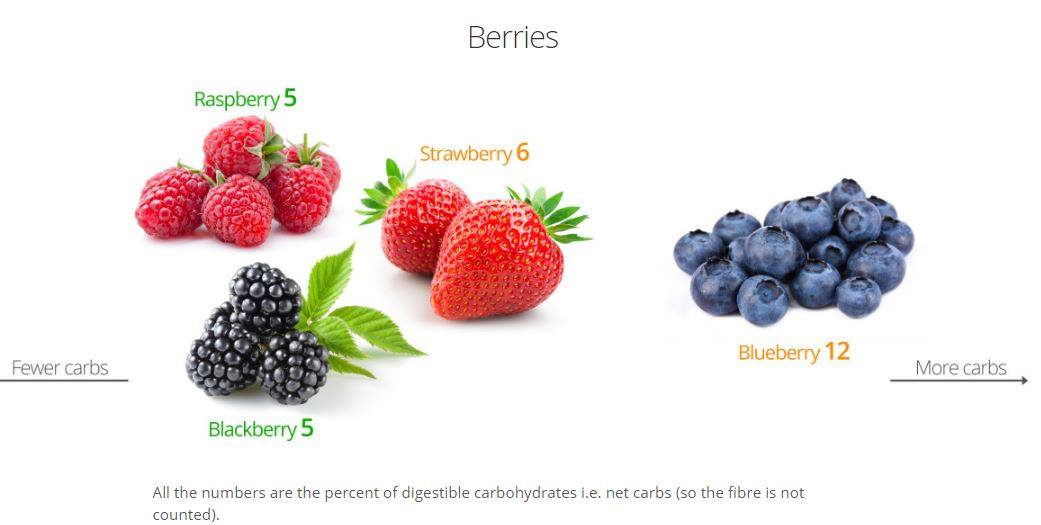
Not just vegetables, you've also got nuts and berries!
Myth 10 : You can't eat out
While cooking at home is always a better choice, there are times when you have to eat out or order in. This one time I was in a small village in Rajasthan and had no trouble sticking to low carb at all. As long as you know what to pick and avoid, you should be good. Read our compilation of the February campaign #FavouriteHealthyFood.
Going low carb may sound intimidating and it may not be for everyone (just like anything else in the world) but it's something that completely changed the game for me and I'm happy to spread the word! Hope it helps!
SUPPORT BLUE CIRCLE DIABETES FOUNDATION
We need your help and support to continue to grow, expand and touch the lives of countless people in the diabetic community. Every little bit helps us in sustaining this endeavour.
Click here to donate

